
- Article
- Article
Words of hope and anger
Author and spoken word poet Penny Pepper remembers her childhood dreams, and speaks out against the barriers society uses to prevent disabled people from fulfilling their potential.

- In pictures
- In pictures
“Each day brought a new obstacle I hadn’t considered”
I'm a 25-year-old autistic artist from Manchester. I have just moved from my first home away from my parents to a new apartment.

- Article
- Article
“Life and the universe change our plans”
Artist Lil Sullivan returns to the printmaking workshop for the first time after her stroke, and uses broken and discarded everyday objects to create art.

- Article
- Article
“Disability is never an individual diagnosis”
As a 35-year-old man, I am sure that my fear of getting old is not uncommon. But for me, that fear goes deeper. I have spina bifida.

- Article
- Article
“People see the disability but forget the ability”
I’m a disabled Asian woman, and mother of four. I’m trying to show people that we have to talk about disability if we want things to change.

- Article
- Article
“Everybody desires a degree of independence”
I’m 26, and building a network of friends and my career. Unlike most people my age, I’m entirely dependent on carers to achieve this.
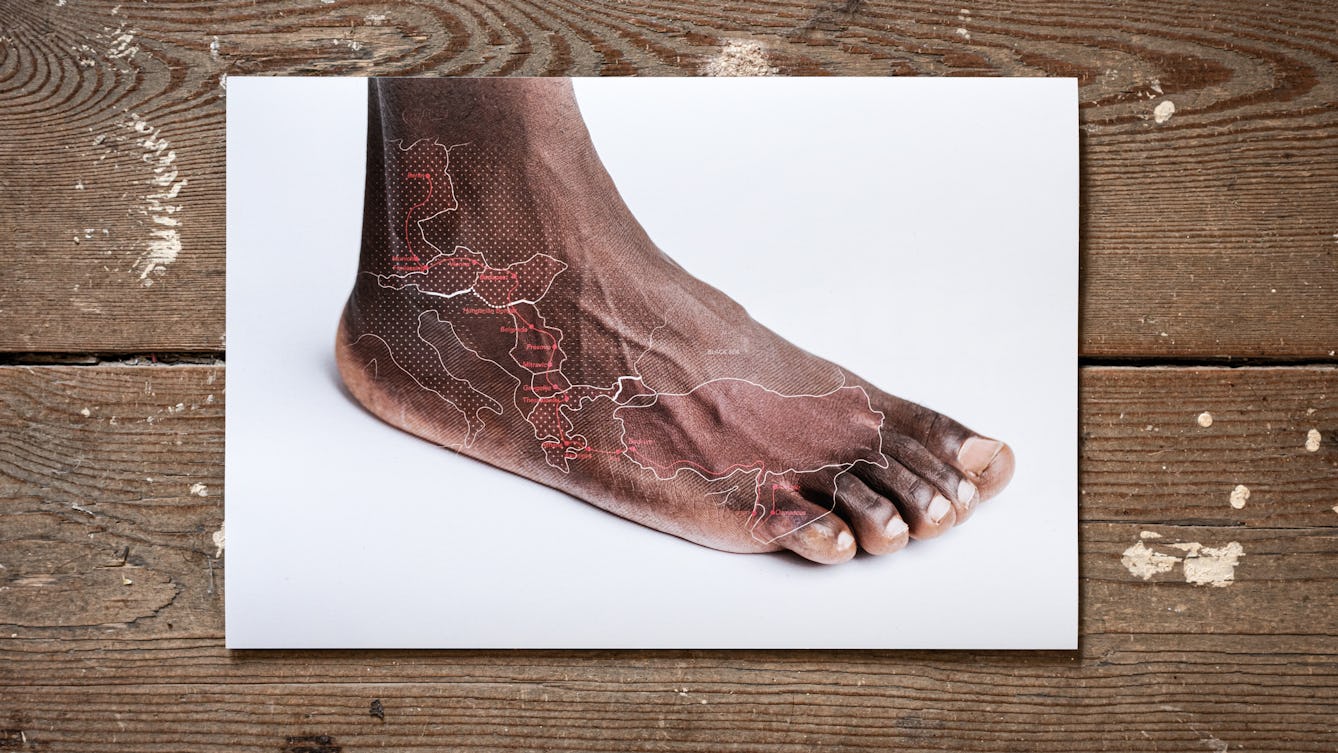
- Article
- Article
When wounds replace words
For the many thousands of refugees waiting in Greece, the process to establish the truth of their tragic personal histories is often extremely upsetting. But a group of medics and legal workers is working together to make the system more humane.
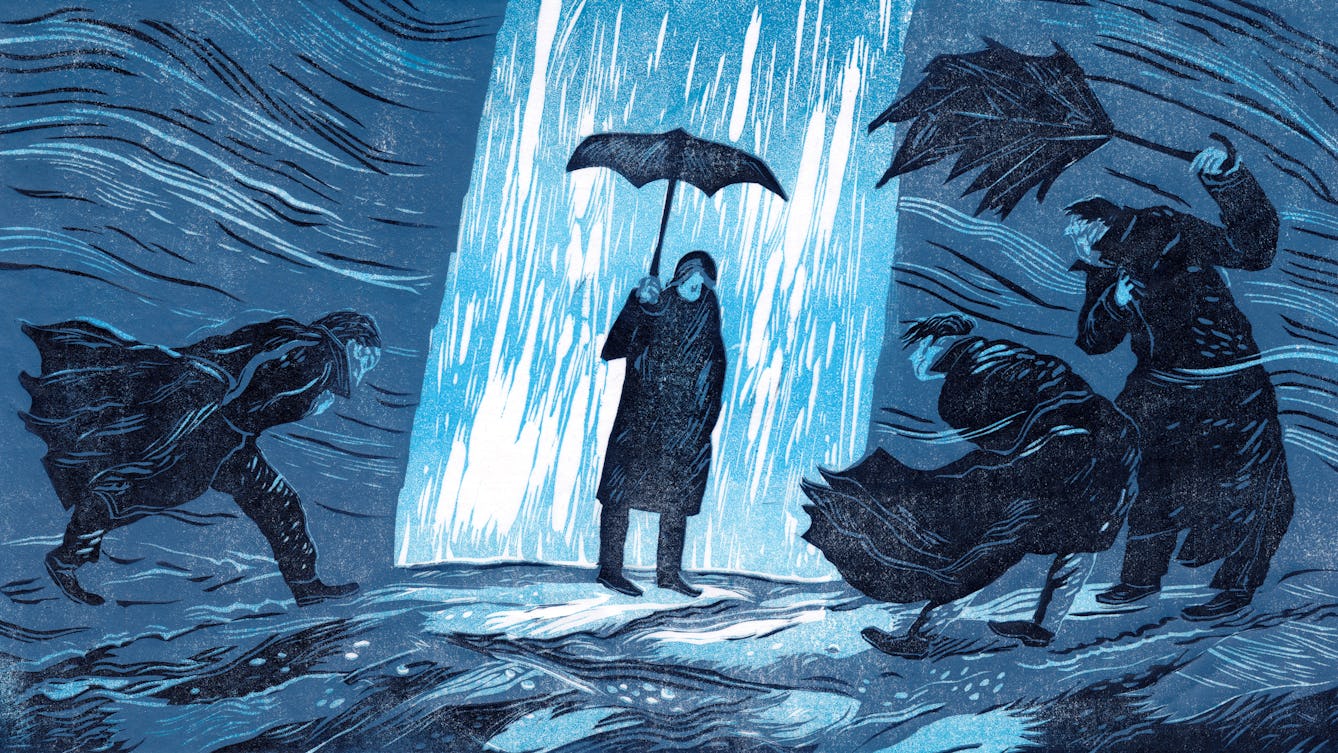
- Article
- Article
Finding the words to talk about emptiness
Shored up by a diagnosis and medication, Cassie Doney tried to find out more about the profound feeling of emptiness they were experiencing. But research is thin on the ground.
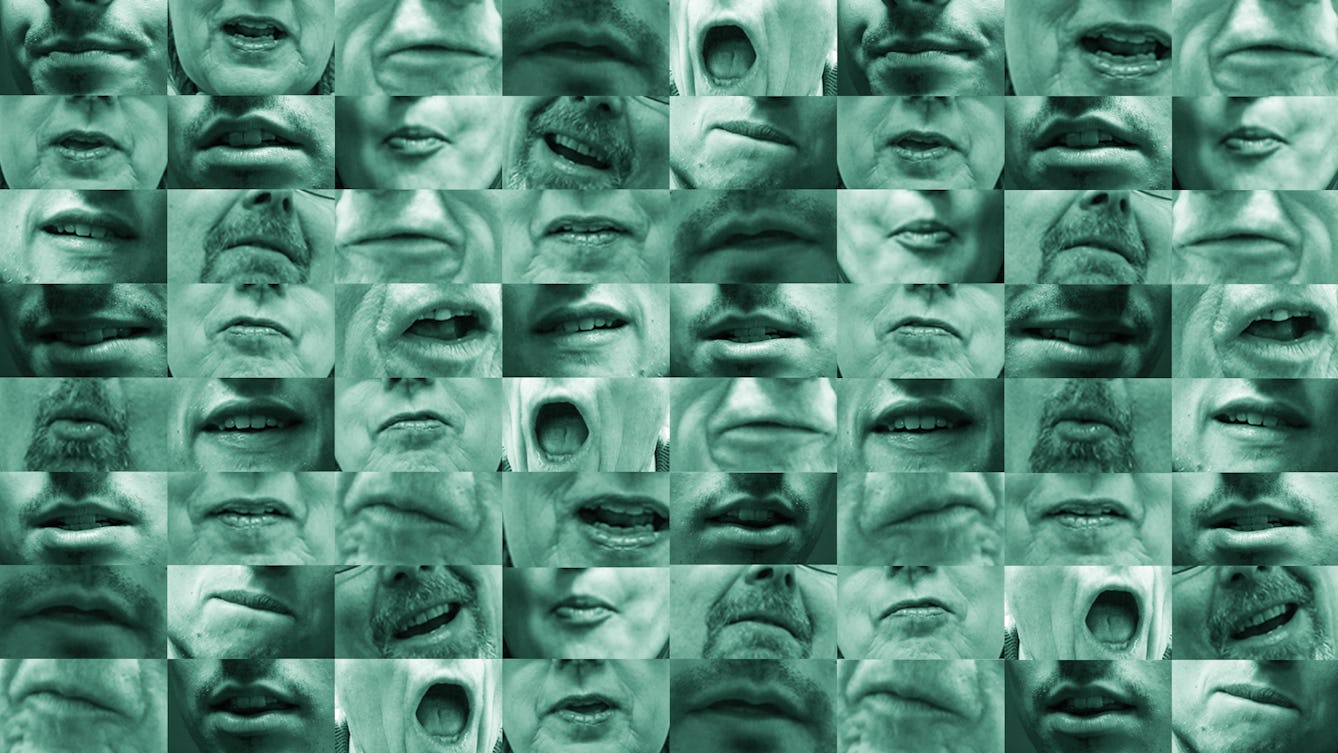
- Book extract
- Book extract
Out of the mouth trap
After 15 years of speech therapy, Jonty Claypole decided to make peace with his stammer. He explores our fear of disfluency, revealing how accepting it could actually increase our creativity and persuasiveness.

- Article
- Article
Living with early onset Parkinson’s
Ten years ago, three little words changed Pete Langman’s world.

- Article
- Article
A history of mindfulness
Matt Drage questions how an ancient religious practice became a secular cure for stress.

- Article
- Article
Diagnosing OCD in the past
Mining the writings of and about famous historical figures, retrospective psychologists try to diagnose their mental health problems. But, inevitably, partial evidence is open to misinterpretation.

- Photo story
- Photo story
Portraits, from a distance
Join photographer Michelle Sank on her daily walk around Exeter. Strength, frustration, resilience and eccentricity all show in these candid images portraying life under the constraints of coronavirus lockdown.
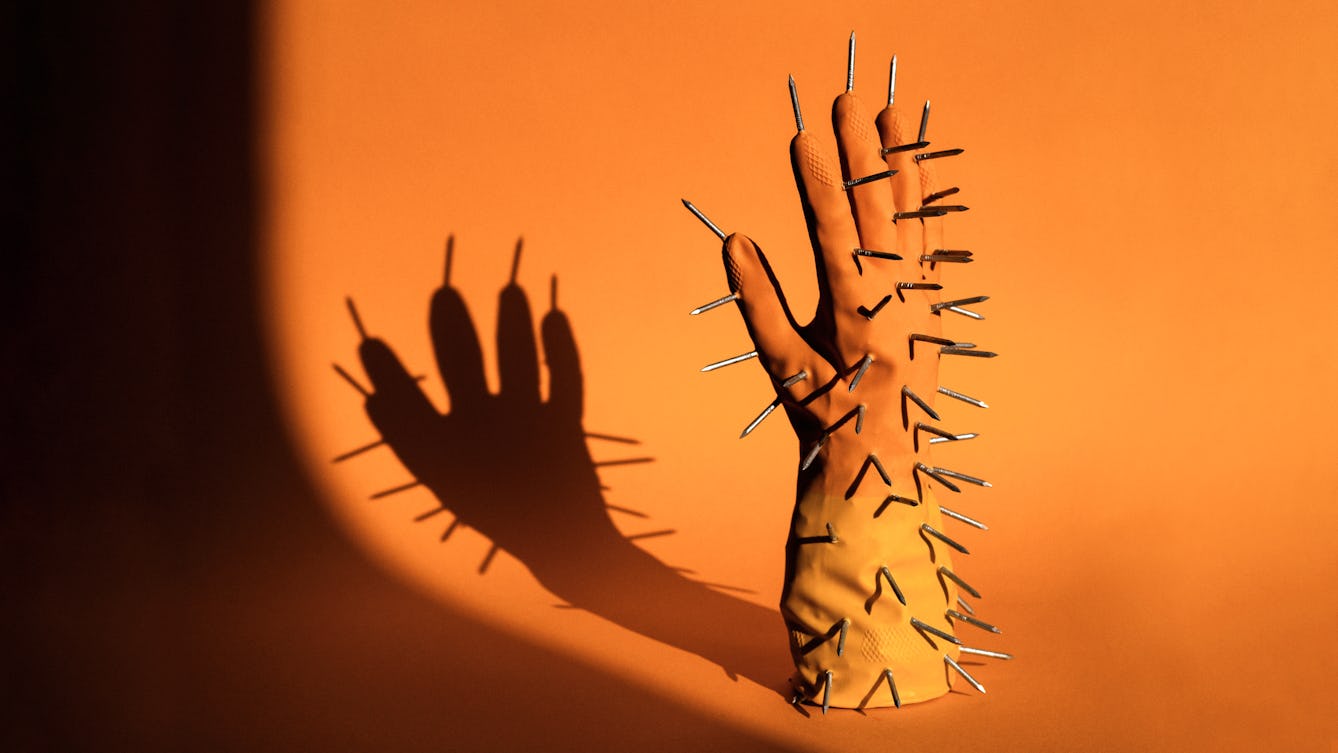
- Article
- Article
Pain and the power of touch
As a new physiotherapist, Fiona Murphy quickly learned that her patients’ pain was unpredictable and very personal. But using the right words became the key to helping them.

- Photo story
- Photo story
The man who remembers everything
Tilney1 can remember his life in minute detail, but can’t control the incessant intrusion of thoughts and images from the past. As cuts to mental health services isolate him more and more, a crisis approaches.

- Article
- Article
Having children as a fat woman
When she sought fertility advice, and at antenatal appointments, Ellie Levenson found that medics were openly anti-fat. Only years later can she evaluate the true repercussions of their words and actions.

- Photo story
- Photo story
Obesity and Britain’s boys
Six young men and six experiences of being overweight. Find out how these boys and their loved ones feel about this stigmatising issue.

- Article
- Article
Born different
For Chris North, being born intersex in the 1940s meant his many childhood hospital visits, tests and operations were not explained or discussed. As he reveals, doctors encouraged strict secrecy.

- Article
- Article
Who was Audrey Amiss?
Elena Carter introduces the vast collection left behind by artist Audrey Amiss, who documented her life in astonishing detail.

- Photo story
- Photo story
Voices of the NHS
In the midst of the coronavirus pandemic, when millions of us are especially grateful for our NHS, hear the voices of nine exceptional health workers explaining their passion for medicine and for taking care of others.

- Podcast
- Podcast
Wetland
In this episode, JC and her contributors invite you to rethink the idea of of boggy marshlands, and see the ecological health, biodiversity, and carbon capturing benefits of these misunderstood spaces.

- Article
- Article
Surviving grief when discussing death is off limits
When Iqra Choudhry’s dad died, she lost her words. Here she explains how finding a way to talk and write about loss has been essential for surviving it.

- Article
- Article
In celebration of LGBTQ+ comedy
At school, homophobic jokes made Ella Braidwood feel uncomfortable and ashamed. Fast-forward to today’s inclusive comedy scene, and her very different feelings of hope and happiness.

- Article
- Article
The current that kills
In the 19th century, electricity held life in the balance, with the power to execute – or reanimate.
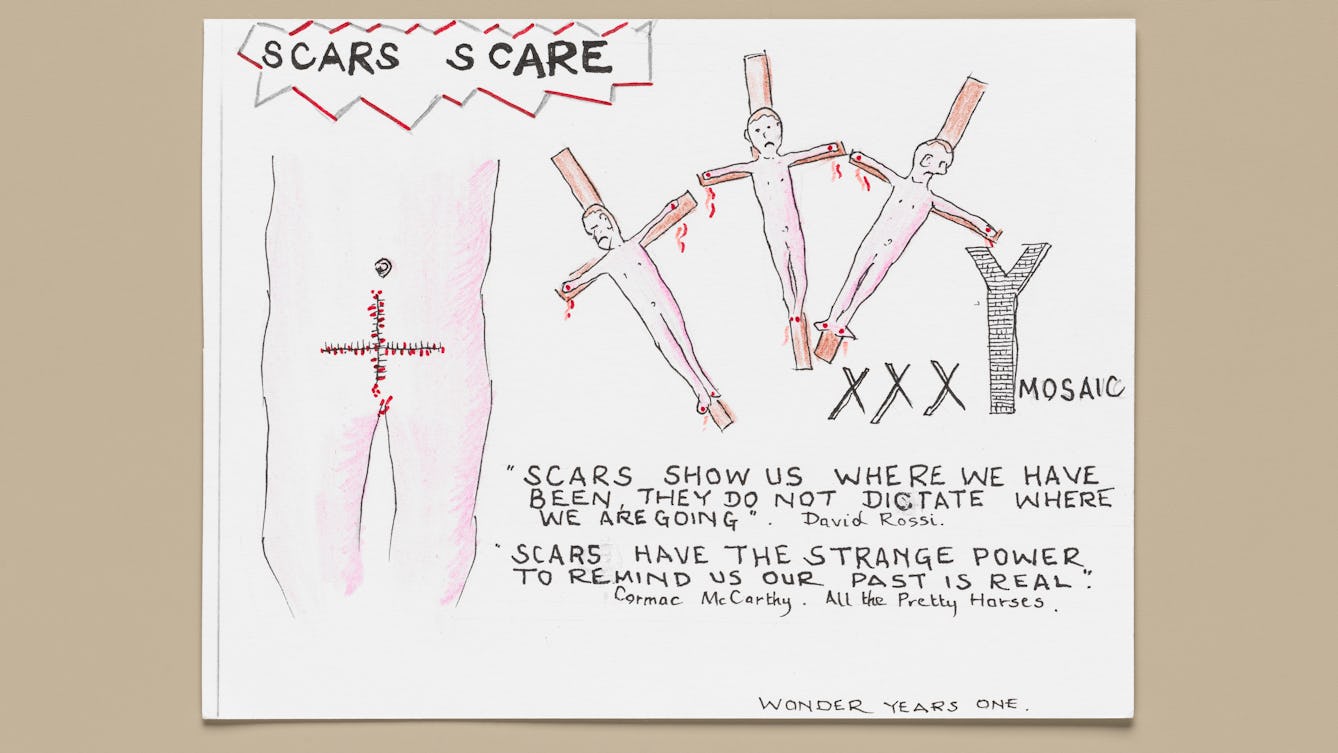
- Article
- Article
Wonder years
The confusion and secrecy surrounding his condition seriously affected Chris’s mental health, blighting his teenage years. But somehow he began to hope and plan for the future.